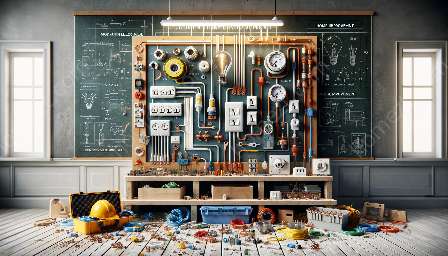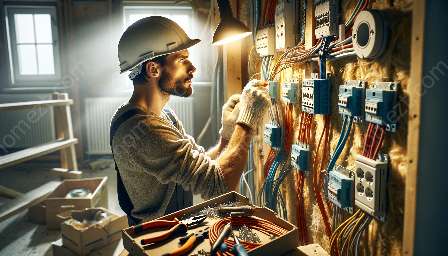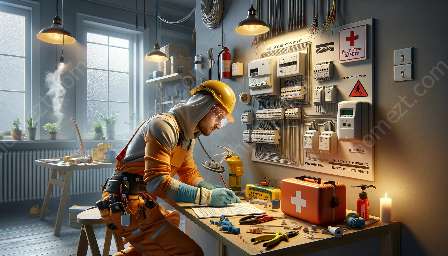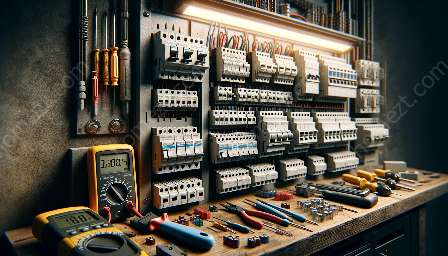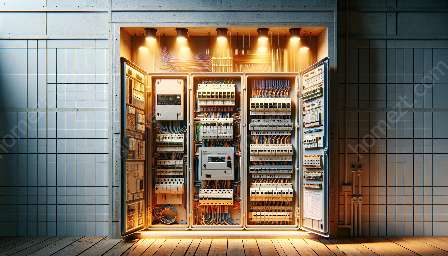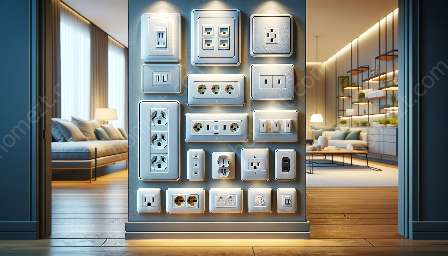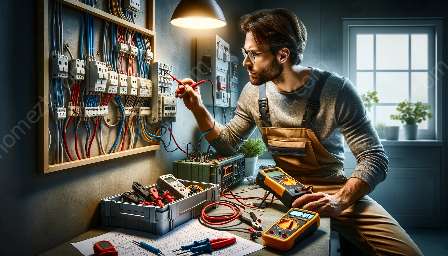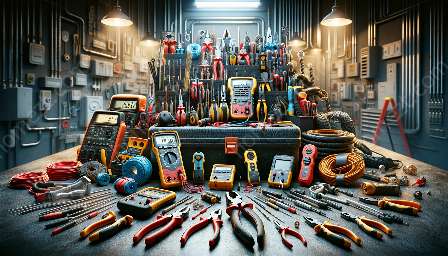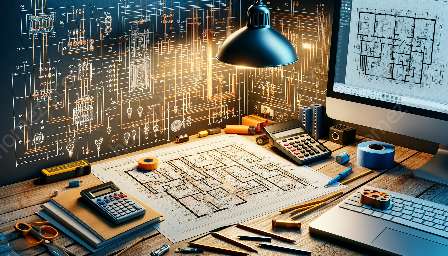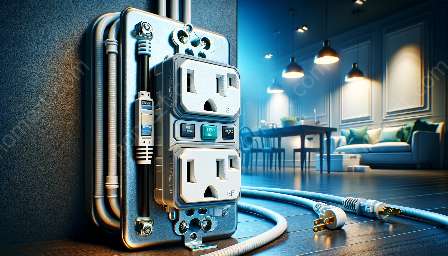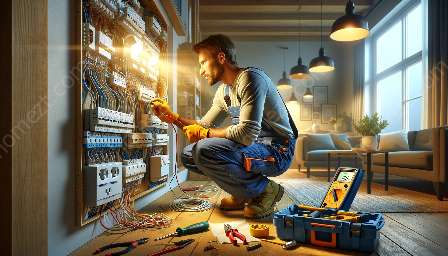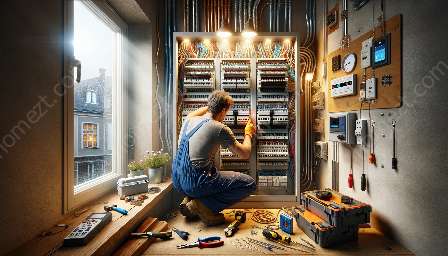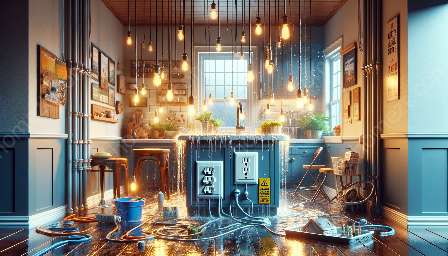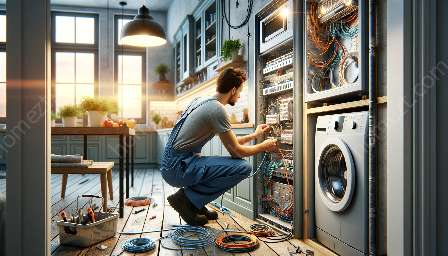Electricity plays a vital role in powering modern homes, and electrical wiring is essential for the safe and efficient operation of appliances. Understanding the principles of electrical wiring for appliances is crucial for home improvement and safety. In this comprehensive guide, we will explore the key concepts of electrical wiring for appliances, including installation procedures, safety precautions, and maintenance techniques.
The Basics of Electrical Wiring
Before delving into the specific wiring requirements for appliances, it's important to understand the basics of electrical wiring. Electrical wiring refers to the system of conductors and other devices used to deliver electricity from the point of entry to the connected appliances in your home. It involves the installation of wiring, switches, outlets, and other electrical components to ensure a reliable and safe supply of power.
Safety Precautions
When working with electrical wiring for appliances, safety should be the top priority. Before starting any wiring project, it's crucial to turn off the power supply to the circuit that you will be working on. This can be done by switching off the circuit breaker or removing the fuse for that specific circuit. It's also important to use appropriate safety gear, such as insulated gloves and goggles, to prevent electrical shock and injuries.
Installation Procedures
Proper installation of electrical wiring for appliances is essential to ensure their safe and efficient operation. Whether you are installing new appliances or replacing old ones, it's important to follow the manufacturer's guidelines and local electrical codes. This may involve running new wiring, connecting the appliances to the electrical panel, and installing outlets and switches.
Maintenance Techniques
Regular maintenance of electrical wiring for appliances is essential to prevent electrical hazards and prolong the lifespan of the appliances. This includes inspecting the wiring for any signs of wear or damage, testing the outlets and switches for proper functionality, and ensuring that the electrical connections are secure. It's also important to schedule periodic inspections by a qualified electrician to detect any potential issues and make necessary repairs.
Compatibility with Home Improvement
Understanding electrical wiring for appliances is integral to any home improvement project that involves installing or renovating electrical systems. By gaining knowledge of the wiring requirements for appliances, homeowners can make informed decisions when remodeling or upgrading their homes. This knowledge enables them to work with electricians more effectively and contribute to creating a safe and functional living environment.
The Importance of Electrical Safety
Electrical safety is a crucial aspect of maintaining a secure home environment. Faulty wiring and improper installation of appliances can lead to electrical fires, shocks, and other hazards. By adhering to the best practices for electrical wiring, homeowners can protect their homes and families from potential dangers associated with electrical malfunctions.
Conclusion
Electrical wiring for appliances is a fundamental aspect of home maintenance and improvement. By understanding the principles of electrical wiring, homeowners can create a safer living environment and contribute to the efficient operation of their appliances. Proper installation, adherence to safety precautions, and regular maintenance are key components of effective electrical wiring for appliances.

